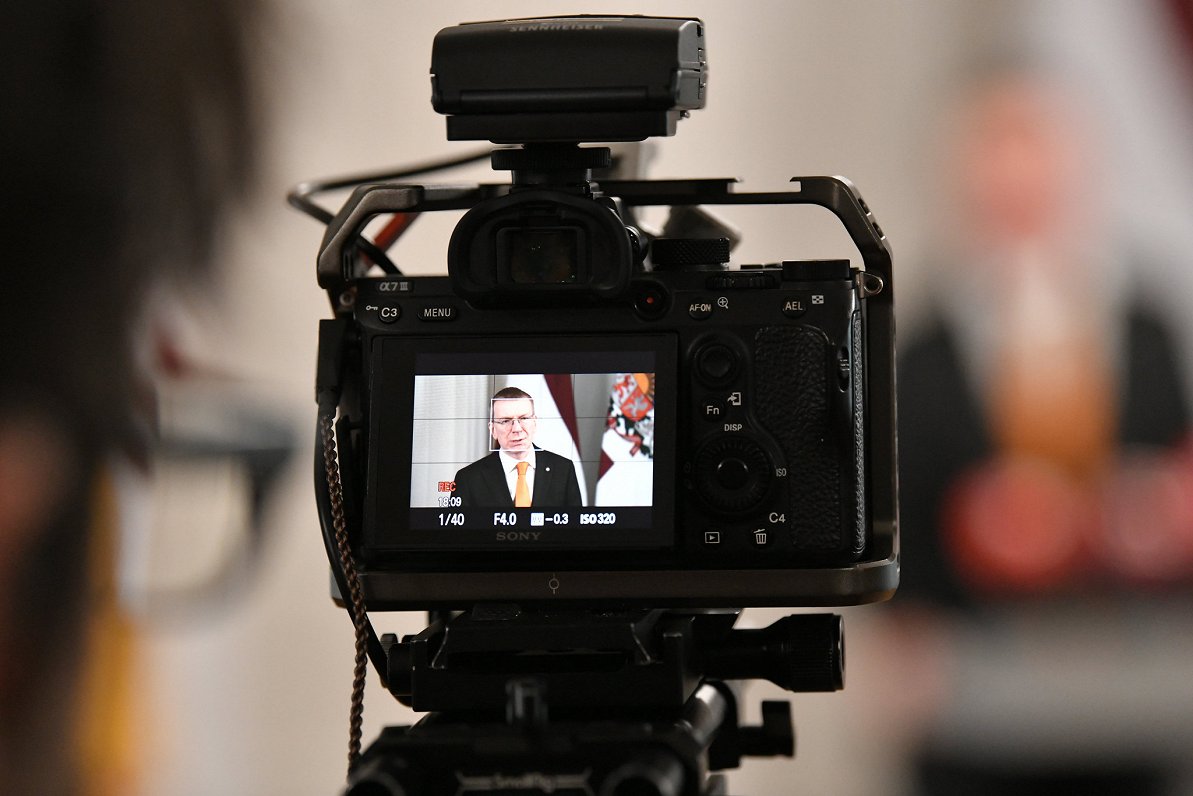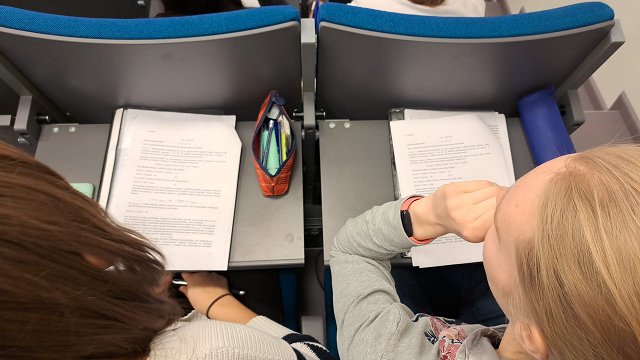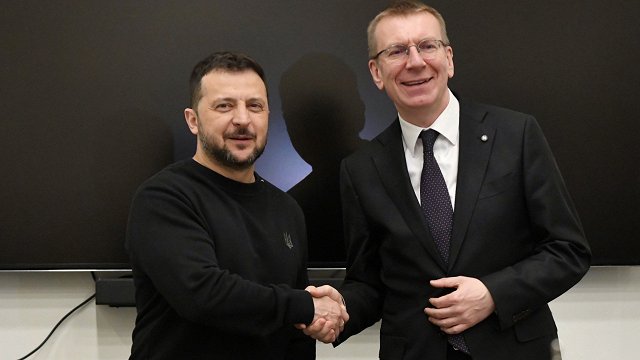In a letter to the Saeima Bureau, the President said that the dissemination of false information in pre-election campaign materials is not permissible in a democratic, legal state. The President calls for the pre-election campaign law to emphasize that in pre-election campaigning, the public has the right to receive not only comprehensive but also true information, the President's Chancellery said in a statement.
“If pre-election material is created in an artificial intelligence system or an artificial intelligence system is used in any other way in pre-election campaigning, then it shall be clearly and unequivocally indicated,” Rinkēvičs was quoted as saying.
The Corruption Prevention and Combating Bureau (KNAB) has previously warned about risks that AI could be used in the run-up to European Parliament elections to possibly distort information – however, with less than four months until those elections take place, Saeima would need to move quite quickly on what are likely to be very complex questions of what constitutes the use of AI and indeed what constitutes a political untruth rather than political spin.
In a letter to the Saeima, the President stressed that voters' right to participate in fair and free elections should not be compromised by the use of artificial intelligence systems.
“Such artificial intelligence systems elsewhere in the world have already been used to influence the electoral process and manipulate voter opinions, as well as to spread disinformation. What has become a reality is that artificial intelligence systems can affect democracy, the rule of law, and fundamental human rights.
“The use of artificial intelligence systems to influence elections has so far been little explored in the global phenomenon, which also has no comprehensive legal framework. However, undeniable evidence points to the bad faith use of such artificial intelligence systems in some recent elections, such as Slovakia, Argentina, and Poland,“ Rinkēvičs noted.




























